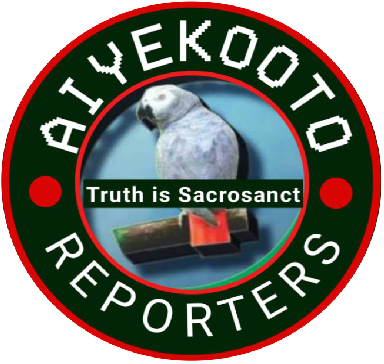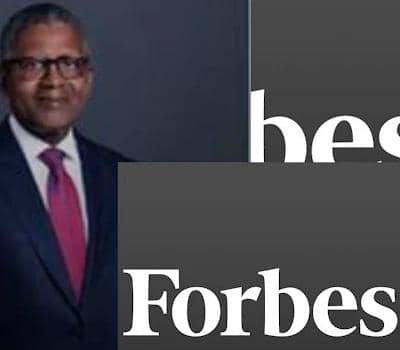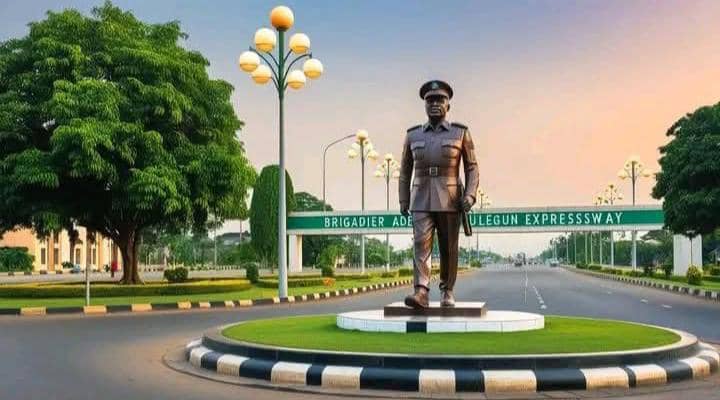Nigerian billionaire and industrialist Aliko Dangote has seen a remarkable surge in his wealth, nearly doubling to $23.9 billion, according to Forbes. This dramatic increase places him as the wealthiest person in Africa and ranks him 86th on the global billionaires’ list.
Dangote’s ascent marks a significant leap from his previous position as the 144th richest person in the world in 2024 when he had a net worth of $13.4 billion. His latest ranking is largely attributed to his 92.3 percent stake in the Dangote Petroleum Refinery & Petrochemicals, a game-changing project in Africa’s energy sector. This milestone also brings Dangote back into the world’s top 100 richest individuals, a position he last held in 2018.
His wealth puts him well ahead of South African billionaire Johann Rupert, who ranks 161st globally with a net worth of $14.4 billion, and significantly above Nigeria’s second richest person, Mike Adenuga, who is ranked 481st with a net worth of $6.8 billion.
Dangote’s wealth surge is primarily driven by the success of his $23 billion Dangote Refinery, which officially began operations last year after 11 years of development. Located in the Lekki Free Zone on a massive 6,200-acre site, the refinery has a processing capacity of 650,000 barrels per day (b/d), making it the seventh-largest in the world and the largest in Africa.
Beyond petroleum refining, the adjacent petrochemical complex is also making waves, with an annual production capacity of three million metric tons of urea, positioning it as Africa’s largest fertilizer producer.
The refinery is already having a significant impact on global energy markets. According to energy intelligence firm Vortexa, petroleum imports into Nigeria are on track to reach an eight-year low, affecting European refiners that have historically supplied the country. Additionally, Nigeria has now become a net exporter of jet fuel, naphtha, and fuel oil, according to S&P Global.
Dangote sees his refinery as a crucial part of his mission to transform Nigeria into a global player in refined petroleum production. By producing refined fuel domestically, he aims to reduce Africa’s reliance on imported petroleum products, ensuring that wealth and industrial development remain within the continent.
“I want to provide a blueprint for industrialization across Africa,” Dangote said in an interview with Forbes. “We have to build our nation by ourselves. We have to build our continent by ourselves, not [rely on] foreign investment.”
He added that Africa has long been a mere dumping ground for finished products, but his refinery represents “a pivotal step in ensuring that Africa can refine its own crude oil, thereby creating wealth and prosperity for its vast population.”
Despite the refinery’s success, Dangote acknowledged that the project was the biggest risk of his life. “If this didn’t work, I was dead,” he said, emphasizing the high stakes involved in its completion.
Zainab Usman, director of the Africa Programme at the Carnegie Endowment for International Peace, noted that Dangote is widely regarded as a hero in Nigeria for his transformative industrial efforts.
“He is seen in most parts of Nigeria as a hero. He is seen as a real industrialist who builds things,” Usman said.
Chika Ezeanya, a professor of African studies at the Soka University of America, also commended Dangote’s impact on the continent’s economy.
“I think he’s believed staunchly in the fact that Nigerians need products that he has to offer,” Ezeanya said. “Governments can come and go, policies can be changed, but the needs of the Nigerian consumer will only grow and expand.”
With his refinery reshaping Nigeria’s energy sector and his fortune reaching new heights, Dangote continues to solidify his legacy as one of Africa’s most influential business magnates.








